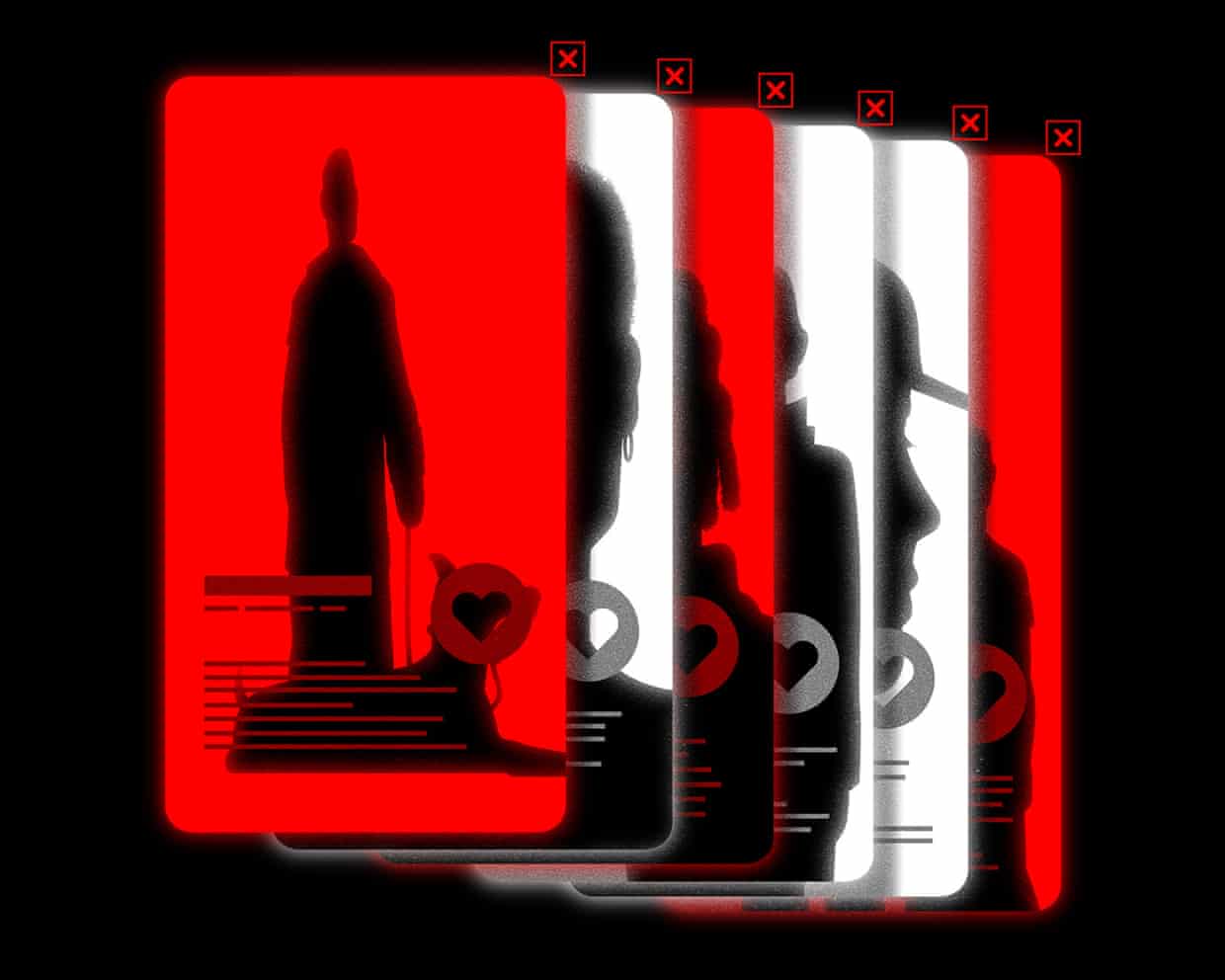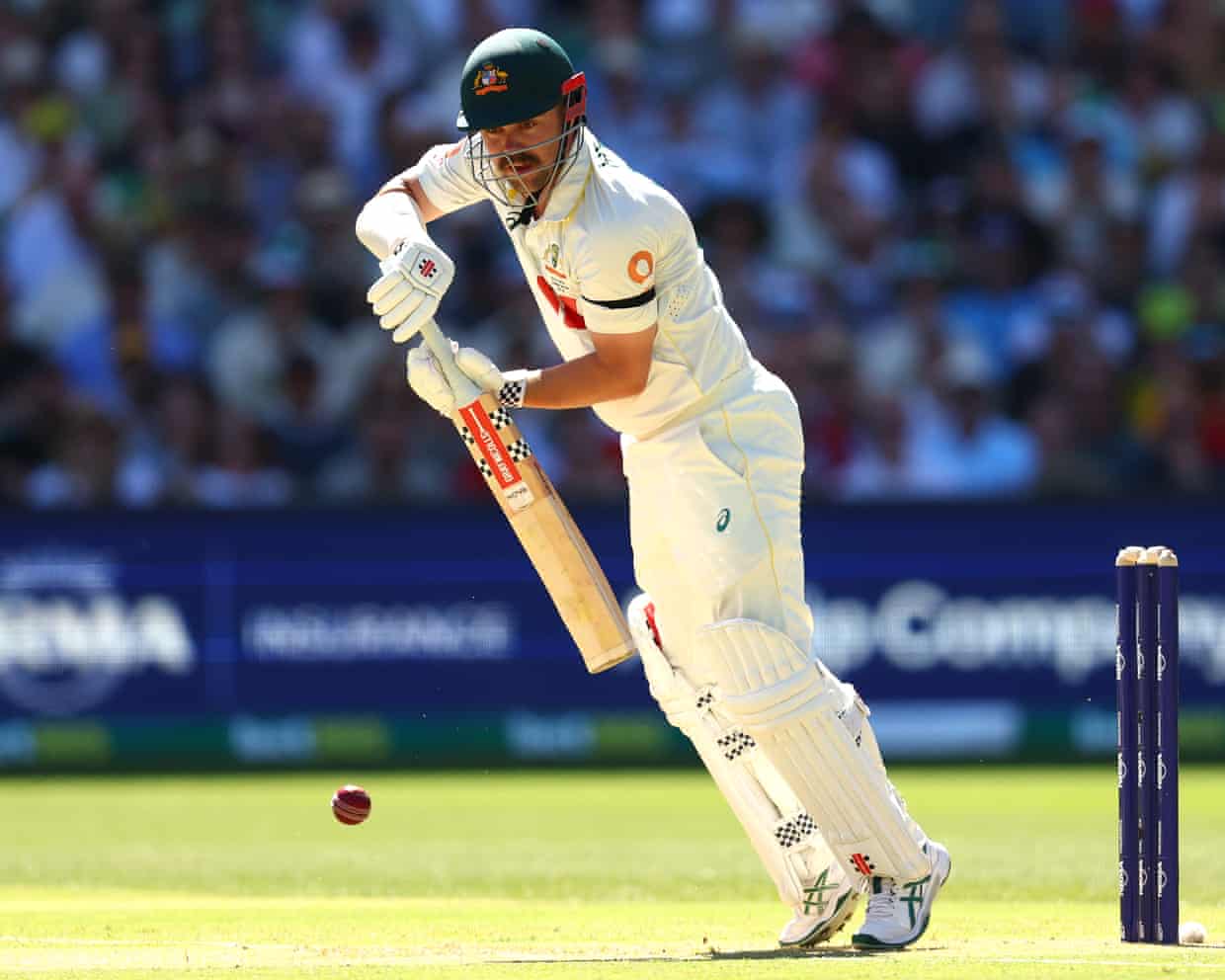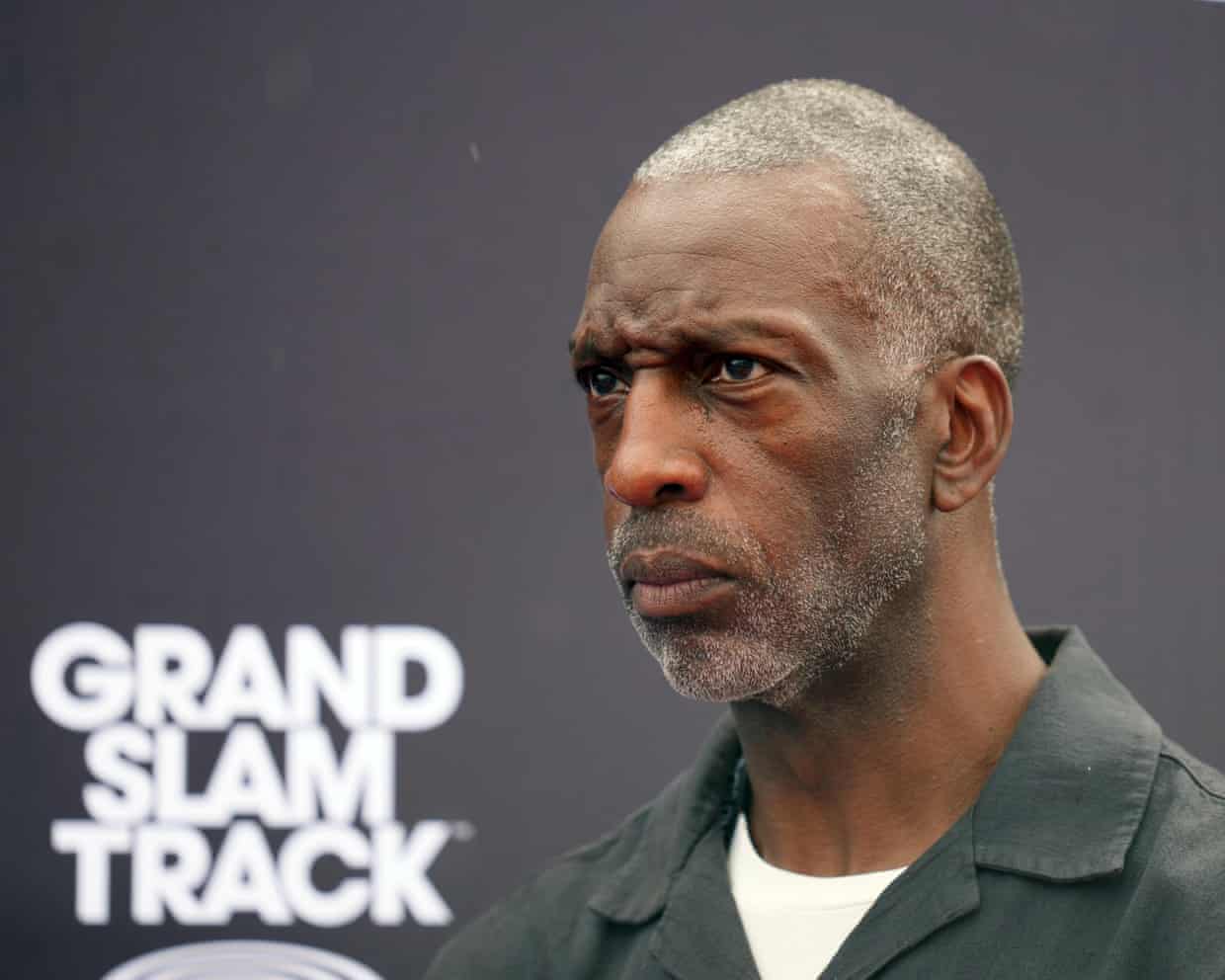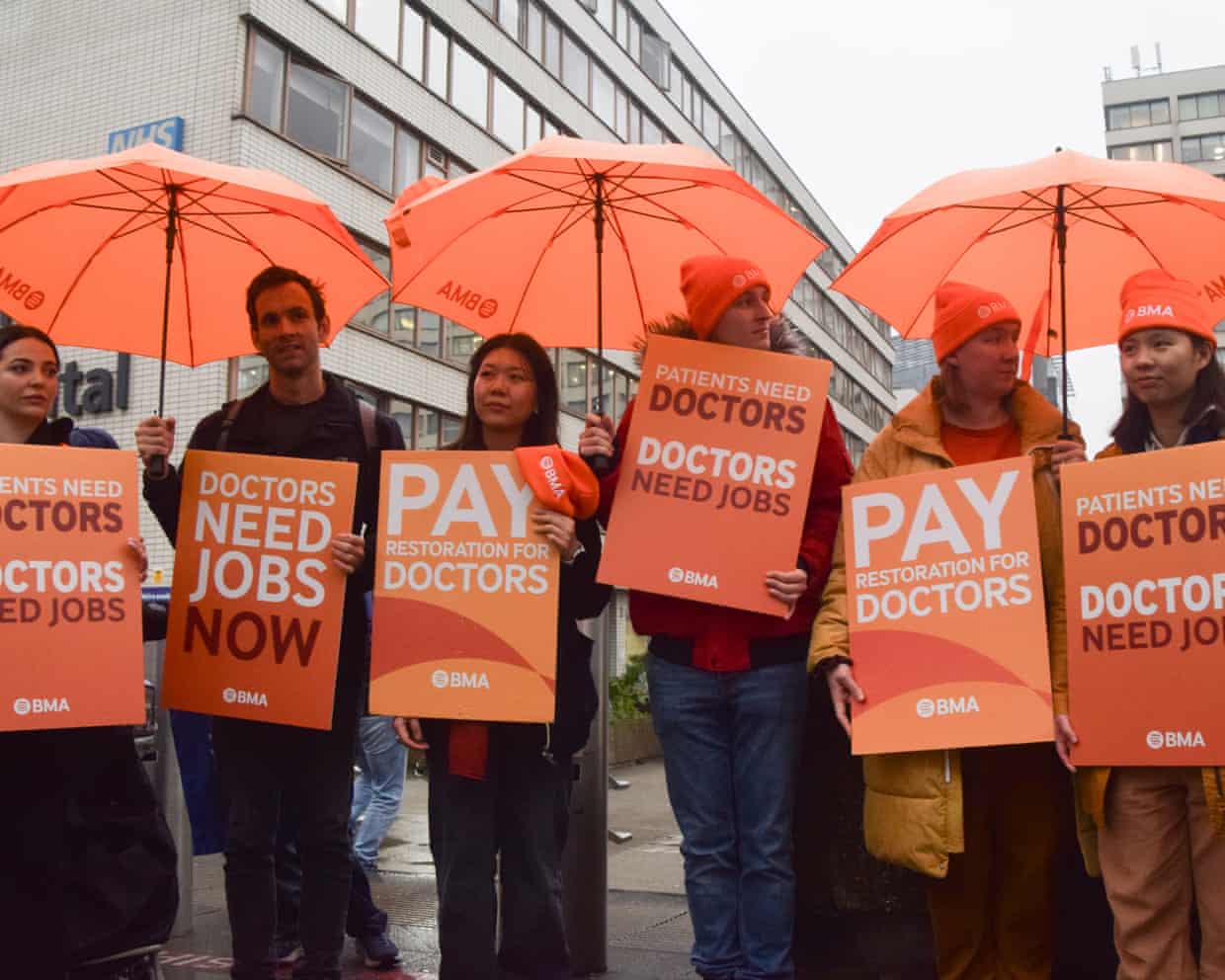
Officials fear NHS will be hit hard after resident doctors reject latest offer
Hospitals are cancelling tens of thousands of appointments and operations after resident doctors voted overwhelmingly to reject a last-ditch government offer to avoid this week’s strike.The health secretary, Wes Streeting, and the British Medical Association (BMA) are being urged to agree to see if an independent mediator can break the deadlock in the almost three-year-old pay and jobs dispute in England.NHS bosses are anxious about how hospital services will cope with what will be the 14th stoppage resident – formerly junior – doctors have staged since March 2023 when it is already struggling to cope with a fast-growing “flu-nami”. They have had to reschedule an estimated 38,500 outpatient appointments and treatments, including surgery, chemotherapy and radiotherapy for cancer.They also fear that consultant (senior) doctors will be too busy covering the work of their more junior colleagues during the strike to help hospitals undertake their traditional pre-Christmas clearout of patients who are well enough to leave, so they can give their beds to others who need to be admitted during the cold snap that usually causes problems during the festive season
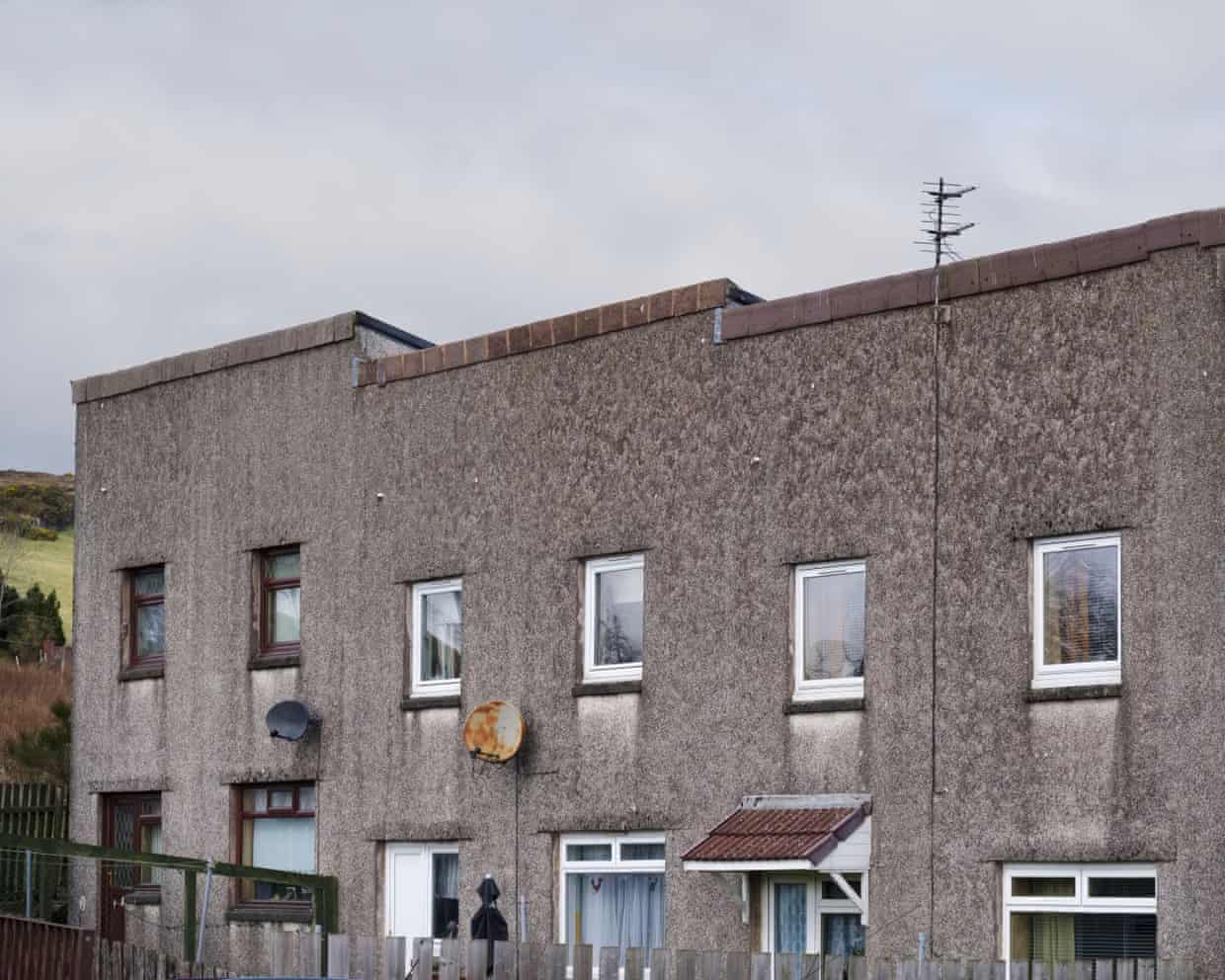
The slow death of social housing – and its original purpose | Letters
Your editorial (The Guardian view on England’s social housing system: failing the very people it was built for, 10 December) claims that “social homes were supposed to be for those who couldn’t afford private rents”. That’s not so. Most council estates, such as Becontree and Harold Hill, were built following the first and second world wars to house ordinary working families when decent housing was in dire straits. Privately rented properties were often of poor quality and devoid of basic amenities.The governments then believed it imperative to house ordinary families in good-quality modern housing

Children need mental health care provided by humans, not chatbots | Letter
It is absolutely right that children “need a human, not a bot” for mental health support (‘I feel it’s a friend’: quarter of teenagers turn to AI chatbots for mental health support, 9 December). Overuse of AI for mental health support could well lead to the next public health emergency if the government does not take urgent action.We shouldn’t be surprised that teenagers are turning to tools such as ChatGPT in this way. NHS waiting lists are rising, and one in five young people are living with a mental health condition. It is unacceptable that young people who require support for their mental health are unable to access the services they need, before they reach crisis point
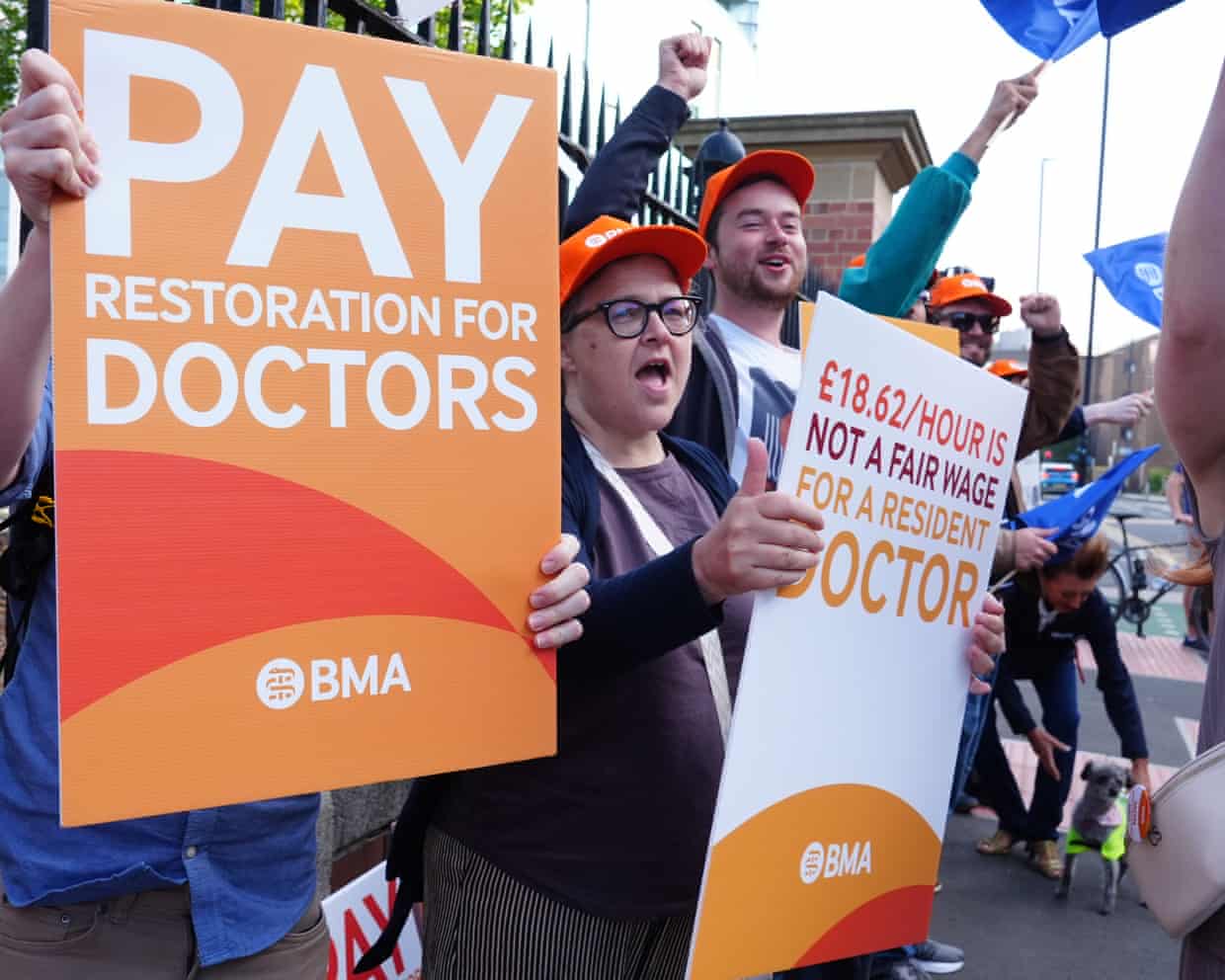
Resident doctors in England vote to go ahead with strike
Resident doctors in England will strike as planned this week after they voted to reject the government’s latest offer to end the long-running pay and jobs dispute.Resident doctors – formerly called junior doctors – will strike for five days starting on Wednesday after refusing to accept the deal in a survey by their union, the British Medical Association.The health secretary, Wes Streeting, had proposed the deal last week. It would have increased the number of training places to enable early-career doctors to start training in their chosen medical speciality but not increased their pay for the current financial year.Resident doctors overwhelmingly rejected the offer, by 83% to 17% on a 65% turnout
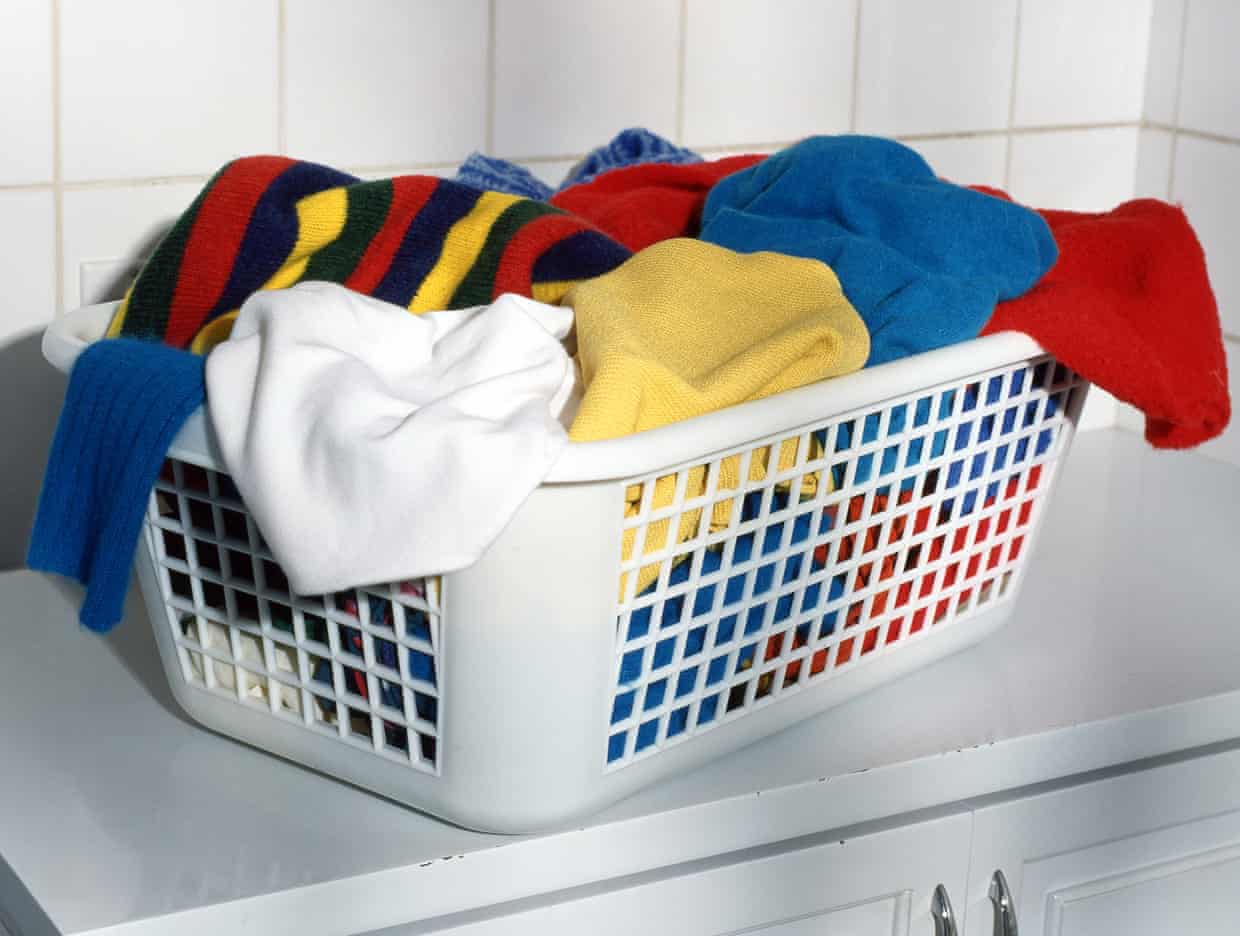
Tell us: have you ever had an allergic reaction caused by your clothes?
Have you suffered any personal health repercussions you suspect may have been caused by your fashion purchases?Research has shown that synthetic fabrics, particularly from fast fashion retailers, are often treated with a range of hazardous chemicals - including dyes containing heavy metals such as lead, antimicrobial agents, and anti wrinkle treatments - that can cause allergic reactions such as skin irritation or respiratory issues in some people.If you have had an allergic reaction, or more serious health effects, that you suspect have been caused by your clothes we want to hear from you. We want to know what kinds of clothes caused the effect, where you got them from, and whether you faced any longer term impacts. Did you have to seek medical help? Has it changed the way you now approach shopping for clothes?You can share your experience of allergic reactions to clothes using this form. Please include as much detail as possible
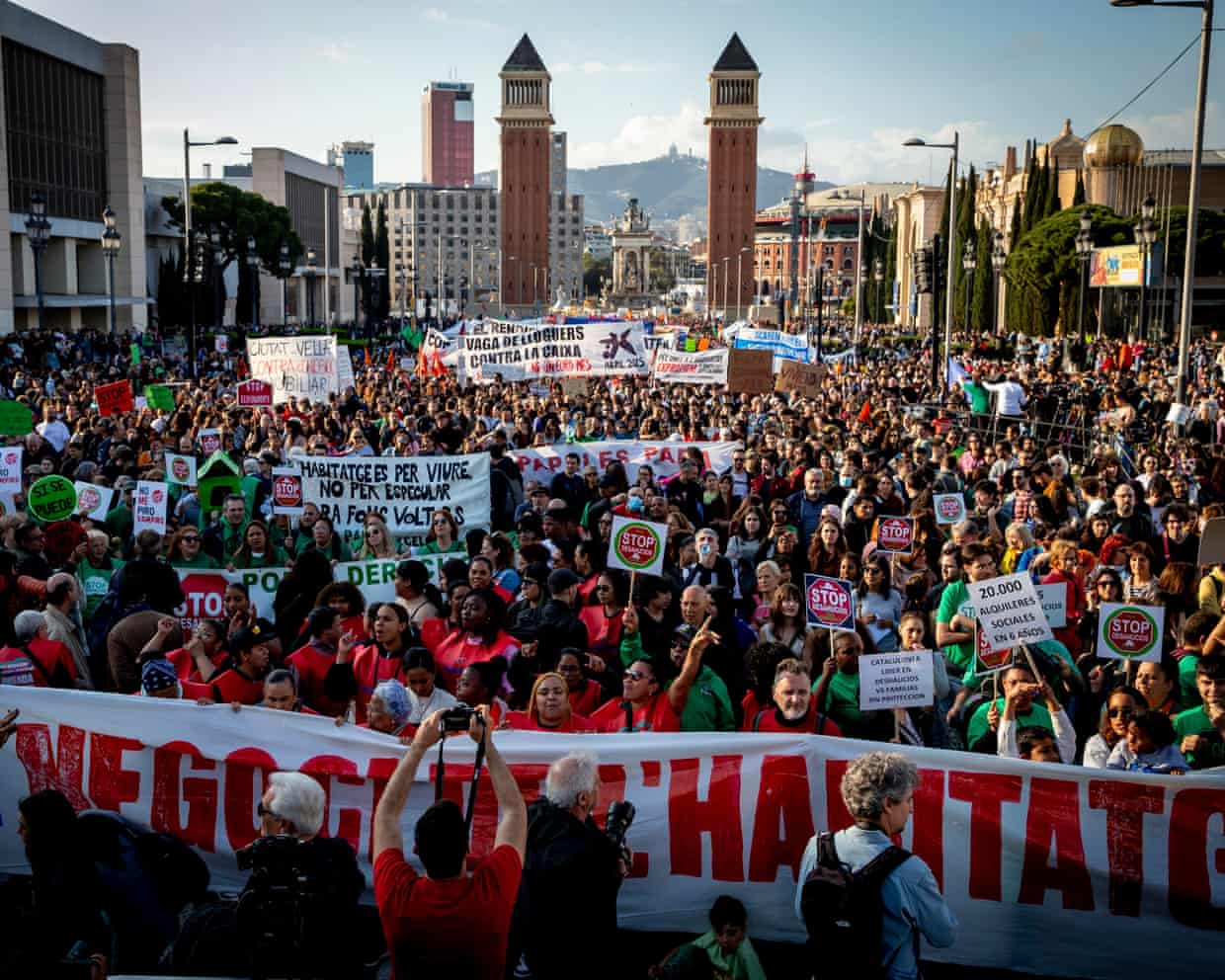
Europe’s housing costs akin to ‘new pandemic’, warns Barcelona mayor
The soaring cost of housing is akin to a “new pandemic” sweeping across Europe, the mayor of Barcelona has said, as he and 16 other city leaders urged the EU to respond to the crisis by unleashing billions in funding for the hardest-hit areas.The EU is expected to present its first-ever housing plan on Tuesday, after consultations with experts, stakeholders and the public. For months, those on the frontlines of the crisis have warned the problem is too big to ignore.“The new pandemic affecting European cities is called the cost of housing,” said Jaume Collboni, the mayor of Barcelona, who launched the Mayors for Housing alliance last year with the support of his counterparts in Paris and Rome.“And in the face of this new pandemic, European institutions – as they did with Covid – must allocate extraordinary funds to promote the construction of affordable housing for young people, working families and the urban middle classes
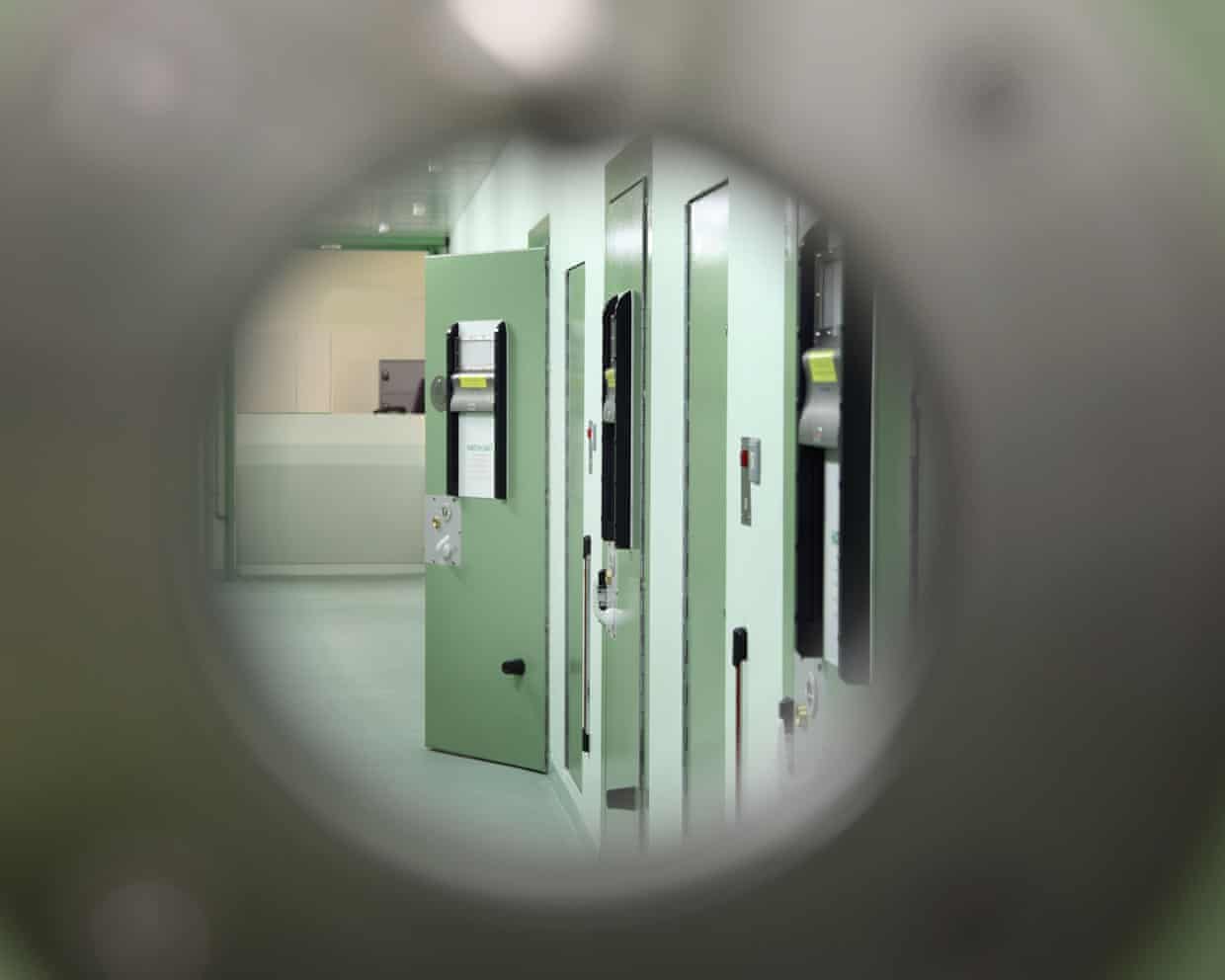
Call for system that frees rape suspects as alternative to bail to be scrapped in England and Wales
Hundreds of suspected rapists in England and Wales are spending years released under investigation, under a system that the government has been urged to scrap as it “doesn’t serve anyone’s interests apart from the police”.Introduced under the Policing & Crime Act 2017, released under investigation (RUI) allows police an alternative to bail, without the set timeframes or conditions attached to police bail.However, it has meant that suspects are often spending many years “under investigation”, with no statutory time limits holding the police to account on charging decisions.Campaigners have called for RUI to be scrapped, saying it leads to uncertainty and distress for both the victim and the accused, and, particularly when coupled with delays in the court system, evidence can deteriorate over time and victims can withdraw their support for prosecutions, creating an overall barrier to justice being done.It is a particular problem in cases such as rape and sexual assault, in which there is often little physical evidence, and which often rely heavily on the account of the victim
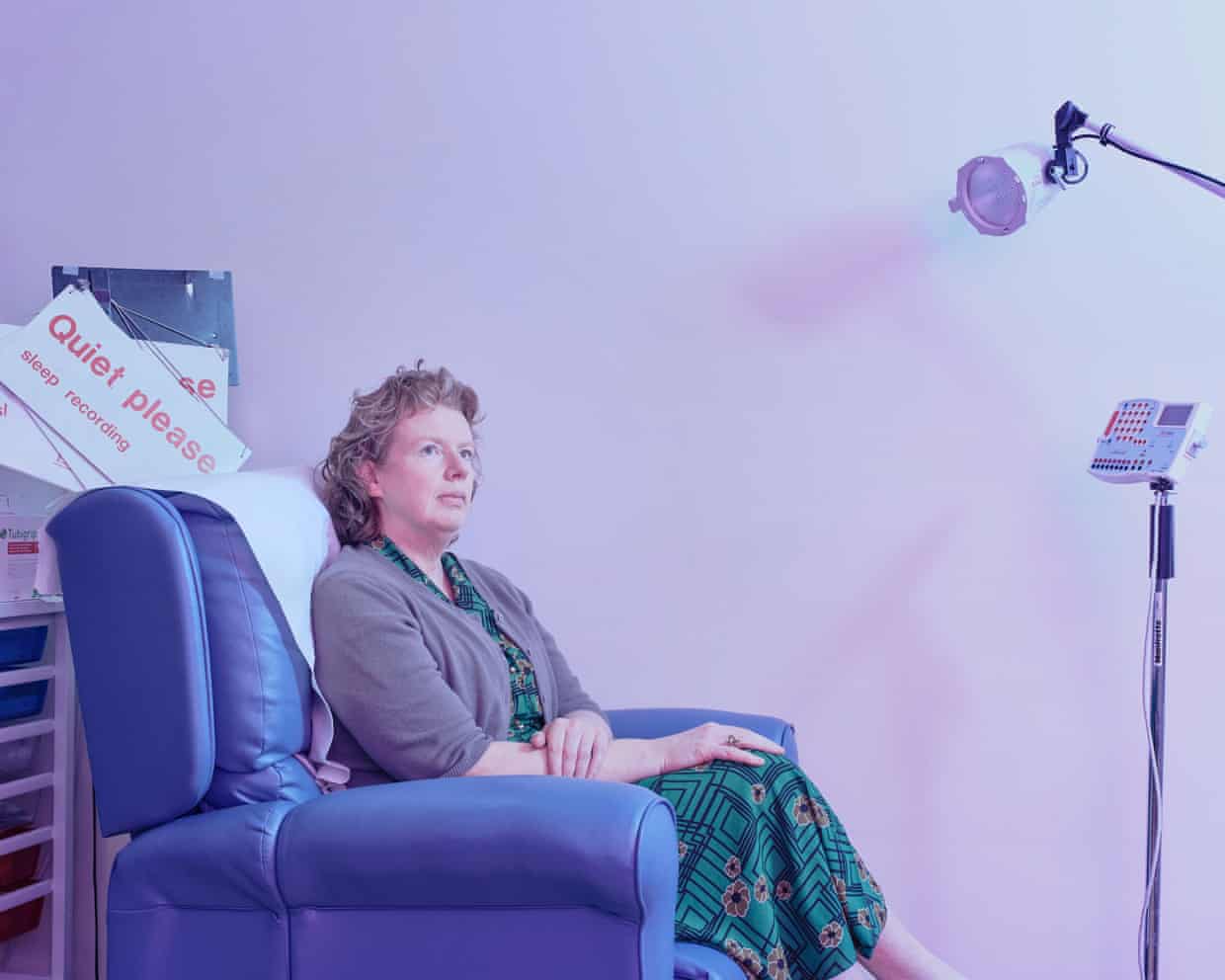
Wes Streeting is right to examine questions of overdiagnosis | Letters
John Harris is misguided in his criticism of Wes Streeting’s review of UK mental health services (The right’s callous overdiagnosis bandwagon is rolling. Wes Streeting should not be on it, 7 December). While this review will inevitably examine questions of overdiagnosis, Harris is wrong to imply that Streeting’s main motivation is political. There is nothing unusual, of course, about ministers making decisions based on political considerations, but there is rather more to the review than Harris indicates.It hardly needs restating that mental health services are grossly overstretched and underresourced, and an inquiry is necessary
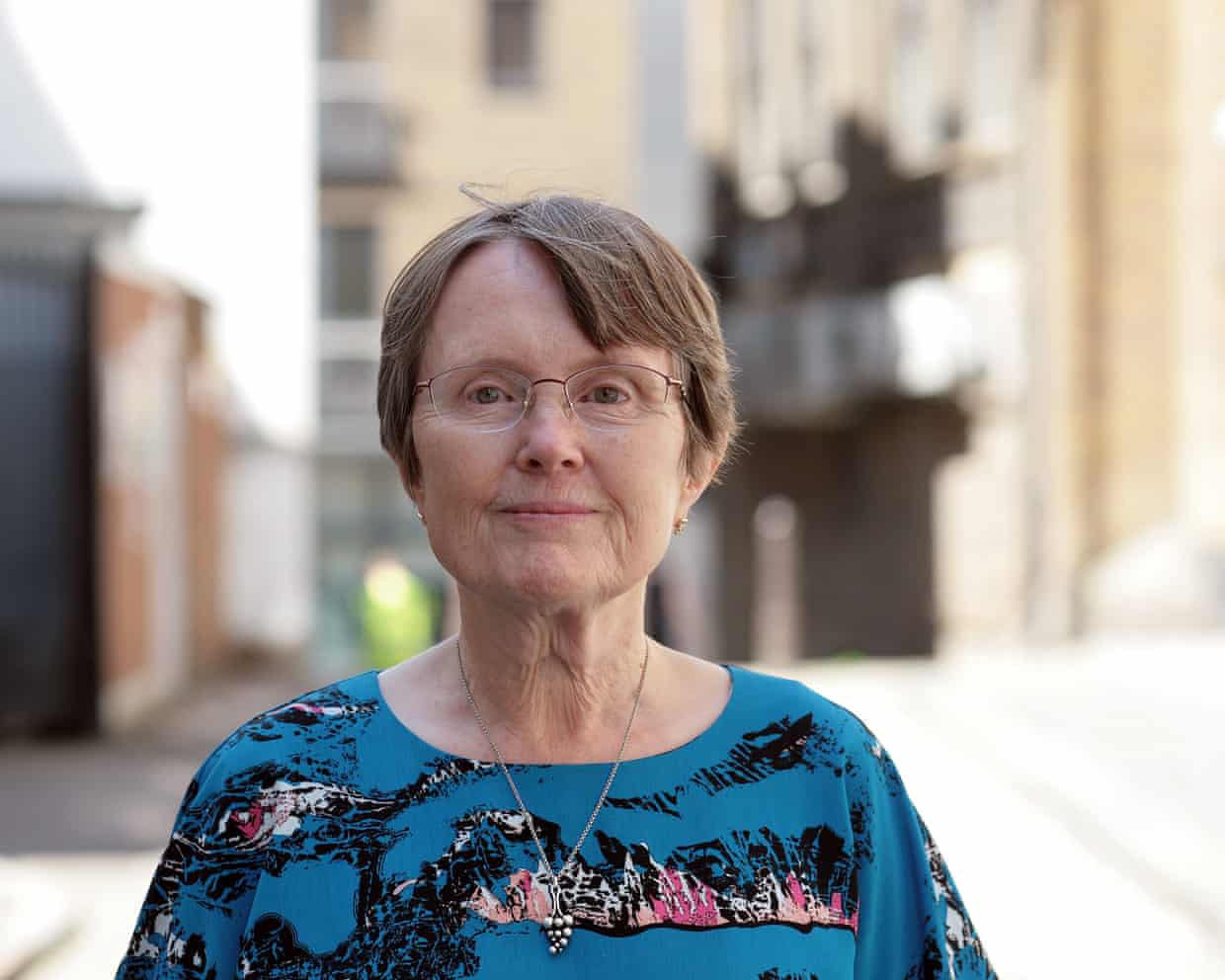
DWP needs overhaul to restore trust after carer’s allowance scandal, adviser says
The Department of Work and Pensions needs a management and cultural overhaul if it is to restore public trust after the benefits scandal which left hundreds of thousands of unpaid carers in debt, a key government adviser has warned.Prof Liz Sayce led a scathing review of the carer’s allowance scandal, which found the DWP system and leadership failures were responsible for carers unknowingly running up huge debts, some of which resulted in serious mental illness and, possibly, criminal convictions for fraud.Sayce told the Guardian she had been surprised by the DWP’s “lack of organisational curiosity” about the impact of the problems with carer’s allowance, as well as its reluctance to tackle the issue strategically, despite being aware of the issues for years.Her comments came days after the Guardian revealed a top DWP civil servant, Neil Couling, had insisted carers were to blame for the department’s failures in an internal message to staff, issued a few days after Sayce’s report was published.Sayce said it had been “distressing” to read Couling’s comments which she said were “clearly not right”

Google AI summaries are ruining the livelihoods of recipe writers: ‘It’s an extinction event’

UK Treasury drawing up new rules to police cryptocurrency markets

YouTube channels spreading fake, anti-Labour videos viewed 1.2bn times in 2025
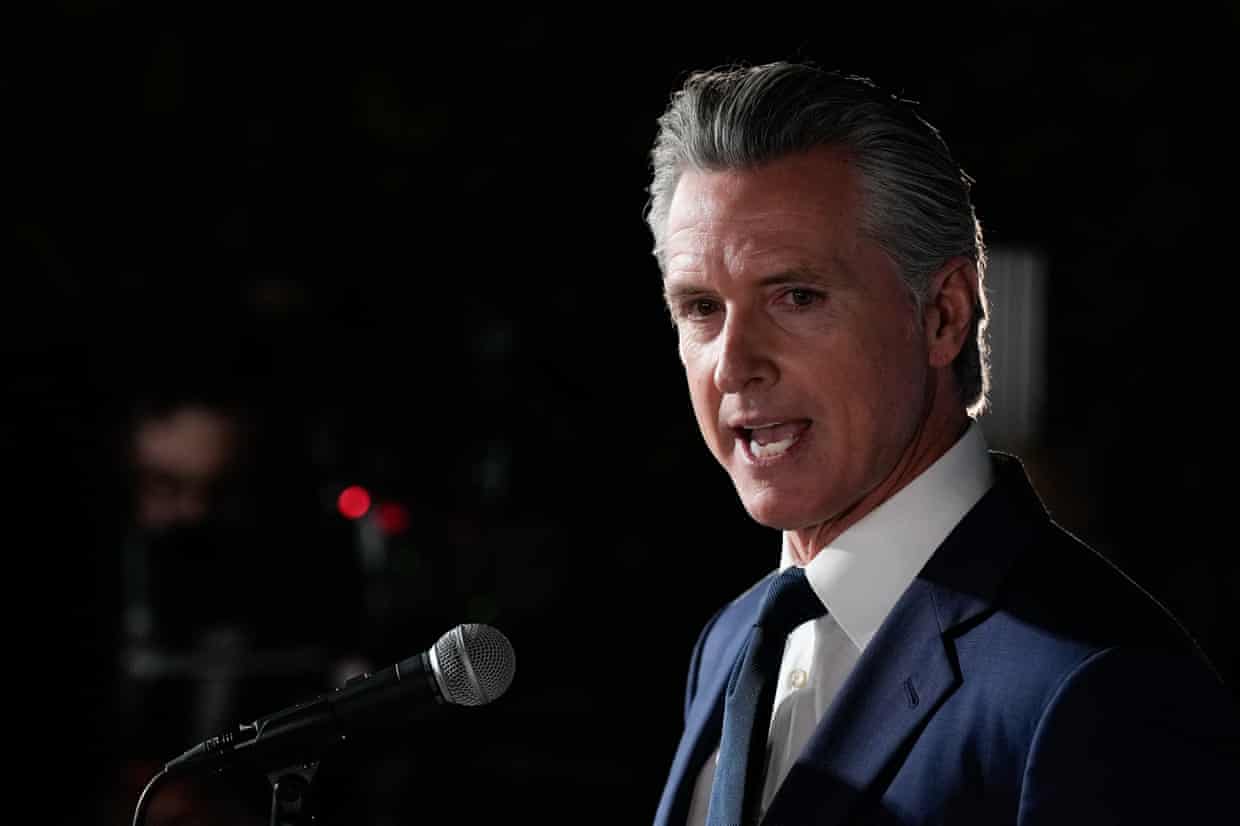
Gavin Newsom pushes back on Trump AI executive order preempting state laws
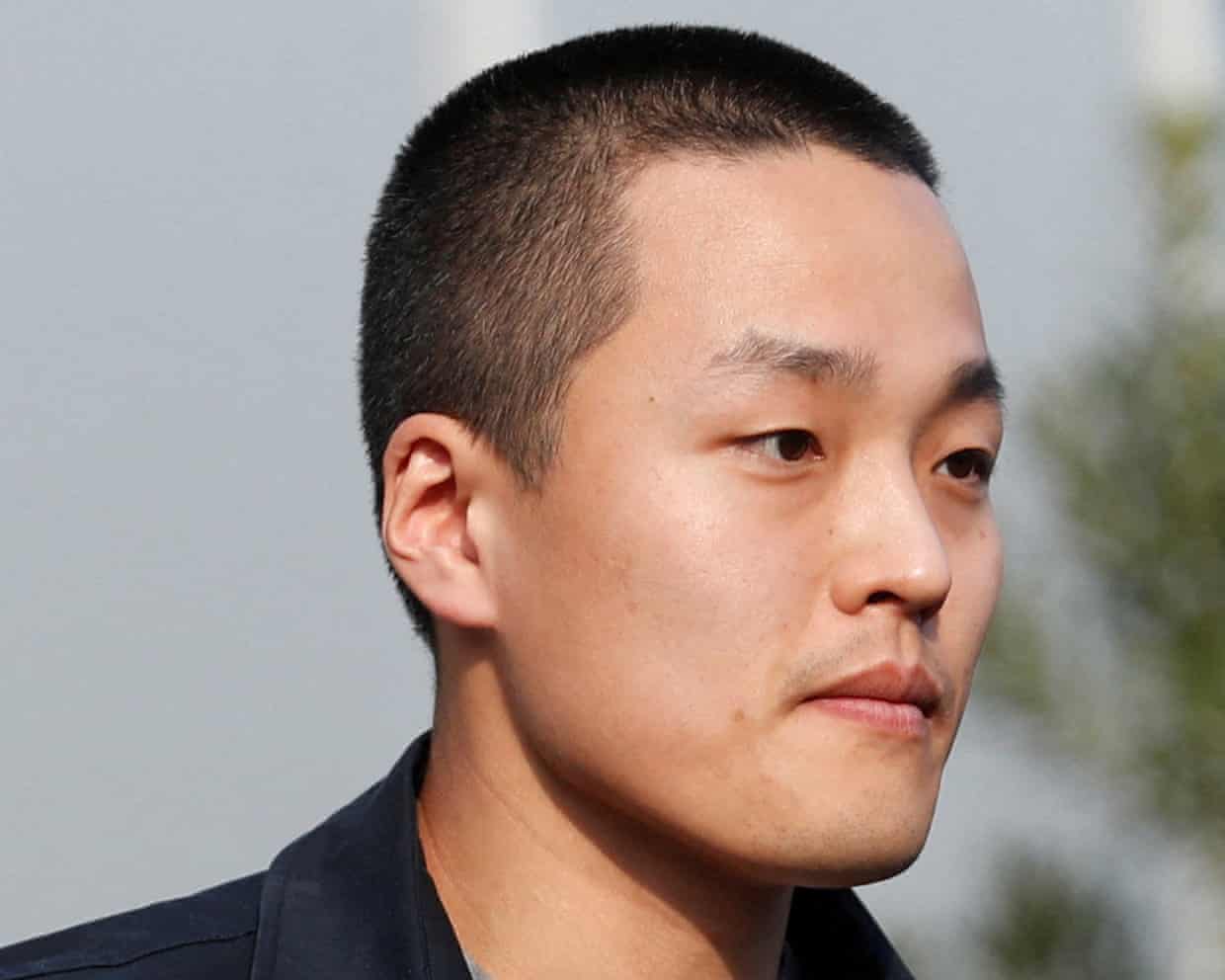
Crypto mogul Do Kwon sentenced to 15 years in prison for fraud
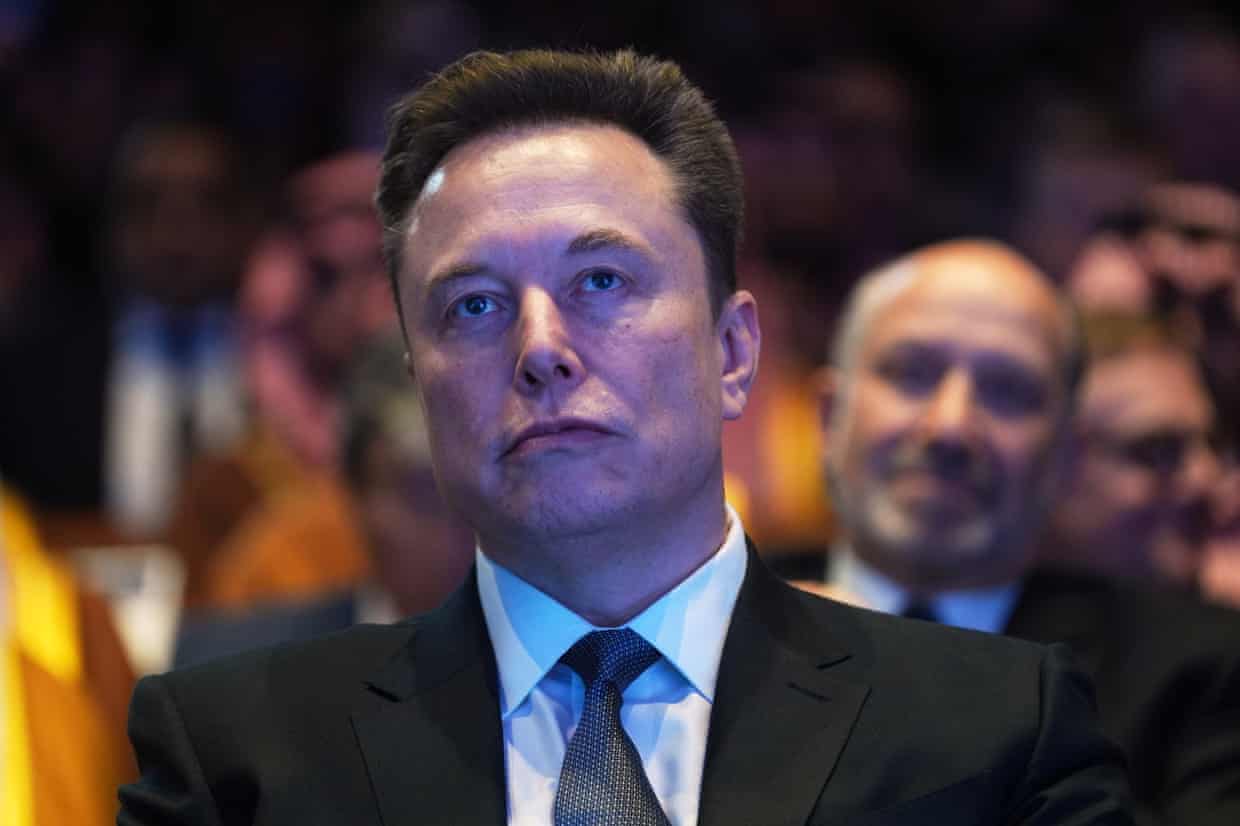
Elon Musk teams with El Salvador to bring Grok chatbot to public schools

Disney wants you to AI-generate yourself into your favorite Marvel movie
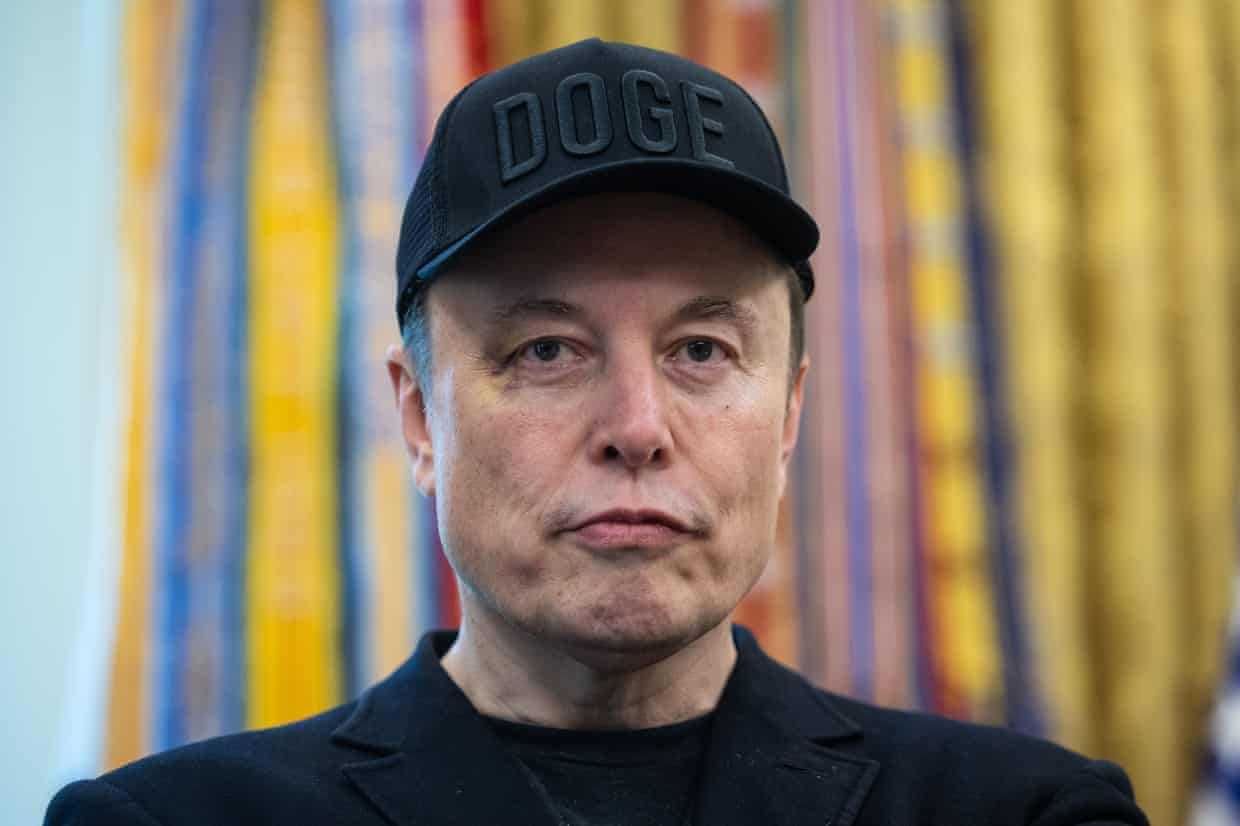
Musk calls Doge only ‘somewhat successful’ and says he would not do it again
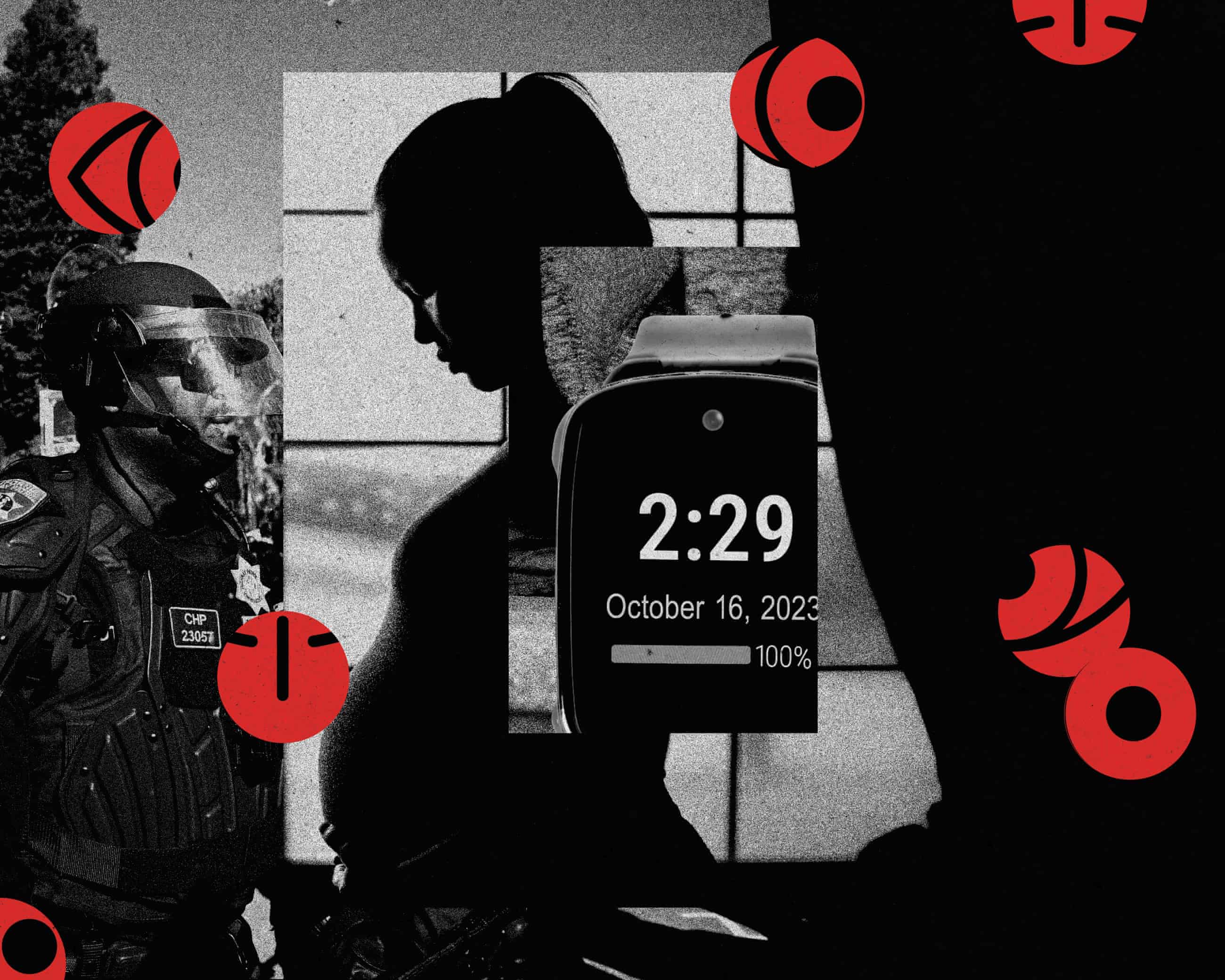
ICE is using smartwatches to track pregnant women, even during labor: ‘She was so afraid they would take her baby’




